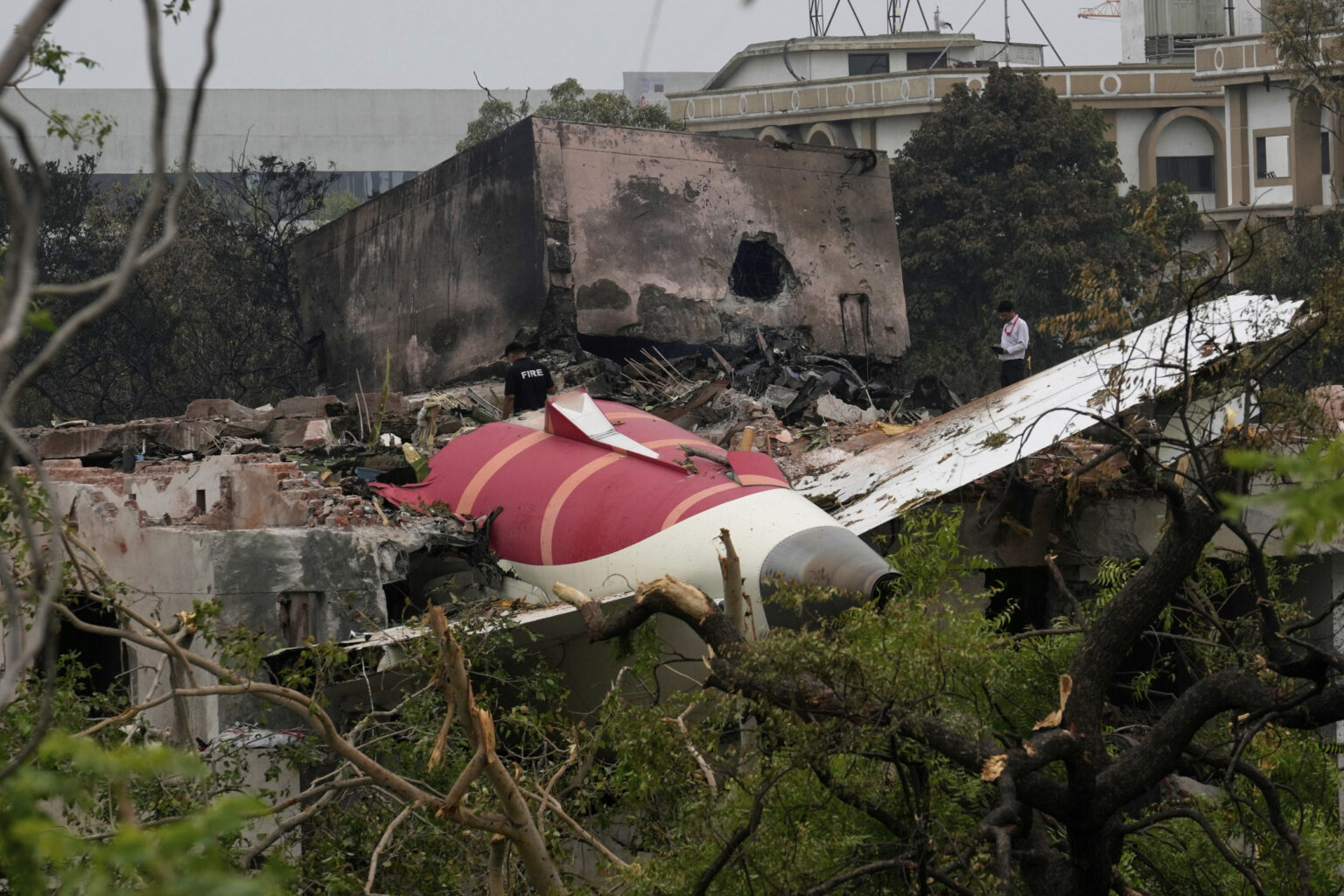The U.S. Federal Aviation Administration (FAA) and Boeing have issued private notifications declaring that fuel cutoff switch locks on Boeing aircraft are safe, following intense scrutiny after last month’s fatal crash of Air India Flight 171, a London-bound Boeing 787-8, Reuters reported on Sunday. The June 12 crash killed 259 of 260 people aboard and 19 on the ground in Ahmedabad.
Newsweek reached out to the FAA and Boeing on Sunday via email for comment.
Why It Matters
This latest development comes as investigators work to determine whether the June 12 crash of Air India Flight 171 was caused by pilot error or mechanical failure.
The preliminary findings revealed that both engine fuel switches flipped to “cutoff” shortly after takeoff from Ahmedabad, with cockpit voice recordings capturing confusion between pilots about how the switches came to be turned off.
What To Know
A Continued Airworthiness Notification sent by the FAA to Civil Aviation Authorities on July 11 stated that although the locking design of fuel control switches is similar across several Boeing models, the agency does not consider the issue an “unsafe condition” requiring an airworthiness directive, according to internal documents obtained by Reuters.
India’s Aircraft Accident Investigation Bureau (AAIB) found that fuel switches had flipped to cutoff position—a move typically done only after landing—just 50 seconds into the flight as the aircraft climbed to 625 feet. The cockpit voice recorder captured one pilot asking the other why he cut off the fuel, with his colleague replying that he hadn’t. The switches flipped a second apart, roughly the time it would take to shift one and then the other manually.
Boeing reiterated the FAA’s stance in a recent Multi-Operator Message to carriers, sources told Reuters. However, the preliminary report cited a 2018 FAA advisory that recommended, but did not mandate, checks of the locking mechanism—checks that Air India reportedly did not perform since they were not required.
Both fuel switches were found in the run position with indications that both engines were attempting to relight before the crash. The commanding pilot, Sumeet Sabharwal, 56, had 15,638 hours of experience, while co-pilot Clive Kunder, 32, had 3,403 hours. The U.S. National Transportation Safety Board (NTSB) said there were no recommended actions in the report aimed at operators or manufacturers of Boeing 787 jet engines.
Meanwhile, Air India Express faces investigation by the European Union Aviation Safety Agency after Reuters reported the carrier did not follow a directive to change engine parts of an Airbus A320 in a timely manner and falsified records to show compliance.
What People Are Saying
U.S. aviation expert John Nance told NBC News: “For any experienced pilot, there is no question in your mind what is going to happen if you turn these [switches] off so the question in my mind, was this some sort of mental aberration or was this purposeful?”
Boeing in a statement on Saturday: “Our thoughts remain with the loved ones of the passengers and crew on board Air India Flight 171, as well as everyone affected on the ground in Ahmedabad. We continue to support the investigation and our customer.”
Air India said in a statement on Saturday: “Air India stands in solidarity with the families and those affected by the AI171 accident….We acknowledge receipt of the preliminary report released by the AAIB.”
The company added: “Air India is working closely with stakeholders, including regulators. We continue to fully cooperate with the AAIB and other authorities as their investigation progresses. Given the active nature of the investigation, we are unable to comment on specific details and refer all such enquiries to the AAIB.”
What Happens Next
The investigation team will continue to review additional evidence, records, and information being sought from stakeholders.
A more detailed report is expected later this year that could provide clearer answers about whether the crash resulted from pilot error, mechanical failure, or other factors.
Read the full article here

